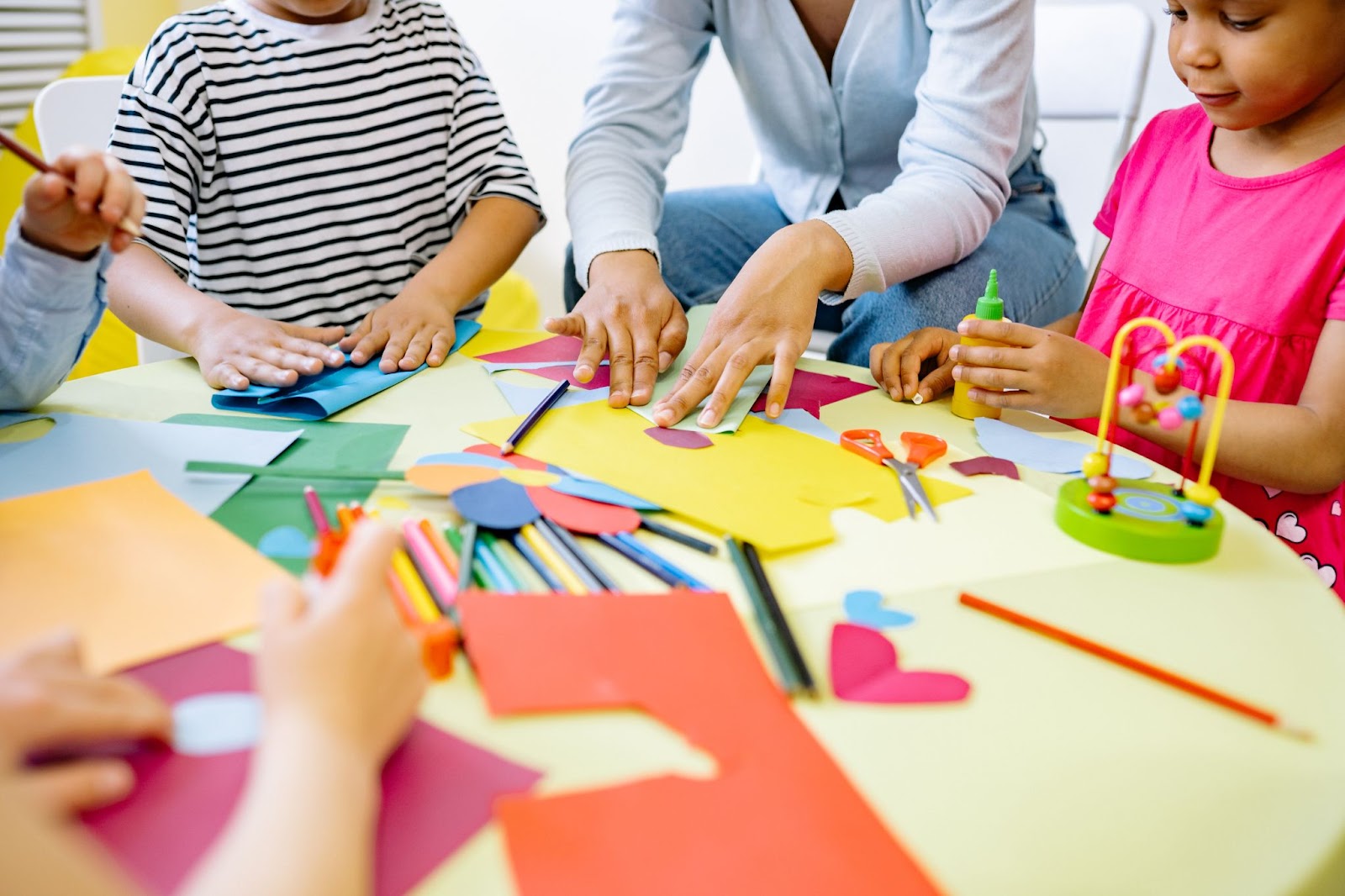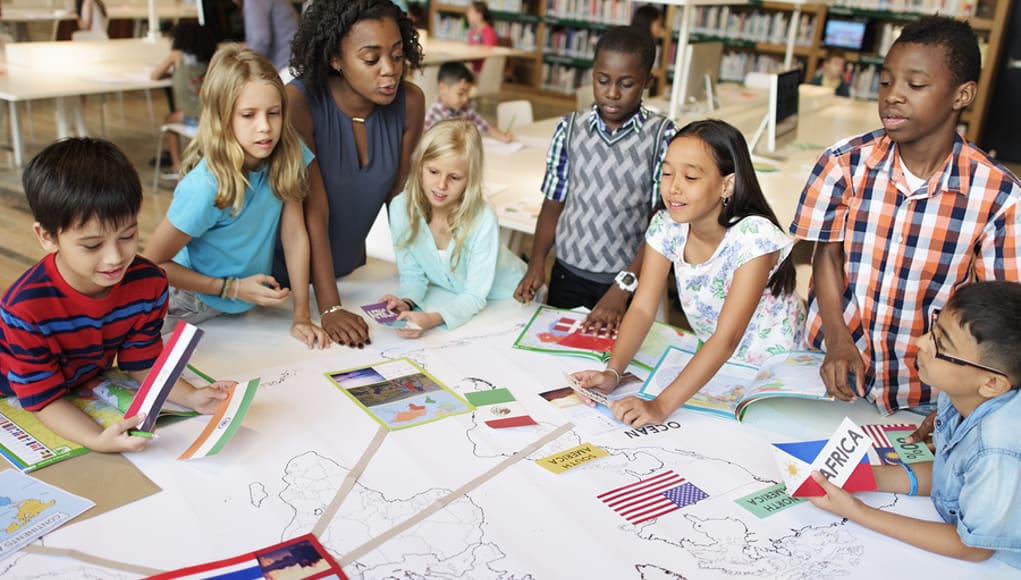
With our ever-changing curriculum in schools, teachers and curriculum designers are constantly on the lookout for new ways to enrich the learning of their students. One of these ways is through project-based learning.
Project-based learning (PBL) offers numerous benefits to students, educators, and the learning process as a whole. Here are five key advantages:
Engagement and Motivation:
One method of PBL is allowing students to base their project on a preapproved list of topics.
PBL already inherently fosters student engagement and motivation, allowing students to explore topics that interest them and gives them autonomy over their learning.
In turn, they can become more invested in the learning process, creation and completion of their project.
When students work on projects that are relevant to their lives or address real-world problems, they are more likely to be motivated to learn and produce high-quality work.
These projects can take on a wide range of mediums, from the traditional slide-based presentation to something like a diorama or a video-based delivery system.
Allowing the students to choose which way to disseminate the information, not only allows them to align with their interests but perhaps also to pick up new skills along the way.
Critical Thinking and Problem-Solving Skills:
PBL encourages students to think critically and solve complex problems. Since it is not as straightforward or as spoon-fed as simply textbook-based learning, PBLs provide a wider range of challenges for students. They must be able to choose the right presentation style that suits their chosen or assigned topic and find a way to make their presentation engaging for their target audience.
They also have to learn how to condense and summarise their research to fit into their presentation medium, as opposed to simply regurgitating facts.
This can encourage them to develop crucial critical thinking and problem-solving skills. Working together successfully can in turn, lead to a fruitful group project experience.
As they work through the various stages of a project, students must analyze information, evaluate different perspectives, and apply their knowledge to develop creative solutions.
The skills that are cultivated through this process are applicable across various subjects and real-life situations.

Collaboration and Communication Skills:
In the setting of PBLs, students are encouraged to work together to achieve the task at hand. This way, they can pick up interpersonal soft skills that are not always as easy to develop and hone when working alone in a classroom setting.
PBL promotes collaboration and communication among students. By working in teams to complete projects, students learn how to effectively communicate their ideas, listen to others, and collaborate to achieve common goals.
Students are also taught to appreciate different working styles and viewpoints from their own, ensuring that they not only learn from their teachers, but from each other as well.
Seeing how their students work together can also be an informative way for teachers to pick up on each students learning style.
These skills are essential for success in both academic and professional settings, as they enable students to work effectively with others and contribute to diverse teams.
Deep Understanding and Retention of Content:
PBL encourages deeper learning and understanding of content.
Instead of memorizing facts or information for a test, students engage in hands-on activities that require them to apply concepts in meaningful ways.
For example, in order to prepare adequately for a project, students must conduct their own research on the assigned or chosen topic.
This allows them to learn more about the topic beyond what is in the textbook or taught in class.
They also have to summarise and transcribe information about the topic into their submission, aiding in the retention of information.
This active learning approach promotes deeper understanding and long-term retention of content, as students are more likely to remember information that they have explored and applied in real-world contexts.

Preparation for the Future:
PBL prepares students for the demands of the 21st-century workforce.
In today’s rapidly changing world, employers value individuals who can think critically, work collaboratively, and adapt to new challenges. No matter which field these students find themselves in, these are soft skills that will prove useful and indispensable in the workforce.
By engaging in PBL experiences, students develop the skills and competencies needed to thrive in an ever-evolving global economy, preparing them for success in college, careers, and beyond.
